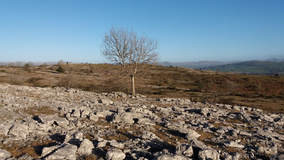 Scout Scar, New Year's Day 2019
Scout Scar, New Year's Day 2019 New Year's Day and once again I'm back in the year 1400, immersed in the tale of Sir Gawain and The Green Knight. Sir Gawain destined to meet the green knight at the green chapel and to receive a blow from his axe, always on this day.
Gawain sets out from Camelot and the court of King Arthur the day after All Saints Day, 2nd November. He rides alone, in full armour. Christmas at the castle of Sir Bertilak de Haut Desert, then comes the culmination of Gawain's quest on New Year's Day. It is a poem of enchantment. Long ago, in another millennium, I translated the poem, interweaving its theme of breaking one's word with King Richard 11 and his betrayal of his cousin Henry Bolingbroke and the bond between king and magnates, the contract that underpinned their society. My manuscript is lost. Somewhere out in the world, who knows where. In the last millennium, before writers could so easily archive. Picture the Gawain poet writing this wondrous poem and the adventures of his manuscript. Its survival is itself a wonder.
And I am once more with friends at The Roaches and Lud's Castle, a dark and mossy cleft between rocks and perhaps the green chapel where Gawain meets the green knight. Who knows for sure?
Who was the Gawain poet? Geoffrey Chaucer knew the court of King Richard 11 and I picture the Gawain poet in a castle, and out with hounds hunting deer and wild boar. The scenes of feasting within the castle, in bedchamber and chapel, and of the hunt, are close-focus, the rituals elaborate and precise. The code of knightly conduct so embedded for the poet. The hunts are raw and brutal. The carcass is brought into the castle and thrown down for Gawain and the ladies to commend.
Another lost book of mine is ' The Master of Game', the earliest book about hunting in English, written by Edward of York, a cousin of Richard 11. The book was lavishly illustrated with crude pictures of slavering hounds pulling down prey, hounds for all stages of the chase, for sniffing out quarry, swift hounds to pursue and hounds to pull down deer or wild boar. Each part of a beast is allocated to members of the hunt. And when Christmas feasts are served up in the castle it is game from the woods and forests thereabouts, fish from the stew pond. Forget air miles, frozen foods and micro-waves. Spices will have travelled but otherwise the castle is provisioned from the countryside in which it sits.
If Gawain's chamber seems snug and cosy, that is hard-won comfort. I remember Rushen Castle, Isle of Man, where the Stanley family built a more modern residence because of the cold, dank and dark castle. The nobility within a castle would be warmed by open fires and clad in hooded capes trimmed with ermine, lined with furs. Your face to the fire and a draught at your back. As a reader, I should put aside my own times and be alert both to what is said and what is not said. Gawain rides alone in a wilderness, from early November to Christmas Eve. When he arrives at Sir Bertilak's castle he is immediately given fresh garments, rich and expensive garments, and he puts them on directly. No offer of a bath or a shower. The first mention of his washing comes directly before a feast. The inference is that he washes his hands and will eat with his fingers. No forks yet. No idea how his jupon and silks will be laundered, or refreshed. This is refined society England 1400 and their refinement is a world away from ours.
This time I'm reading Simon Armitage's translation, for its narrative drive. I'm struck by Gawain's loneliness. Not only on his solitary quest but at Arthur's court and at Sir Bertilak's castle in the midst of a throng of Christmas festivities. A throng of shadowy figures attends on Gawain. Unlike Chaucer, whose common folk are coarse and comedic, red-blooded and bawdy. Every New Year comes that test of virtue chez Sir Bertilak and at the green chapel. Are we as good as our word? Consider the challenges of our day: are we good at the concept but failing in practice? Do we talk the talk, and leave it there?
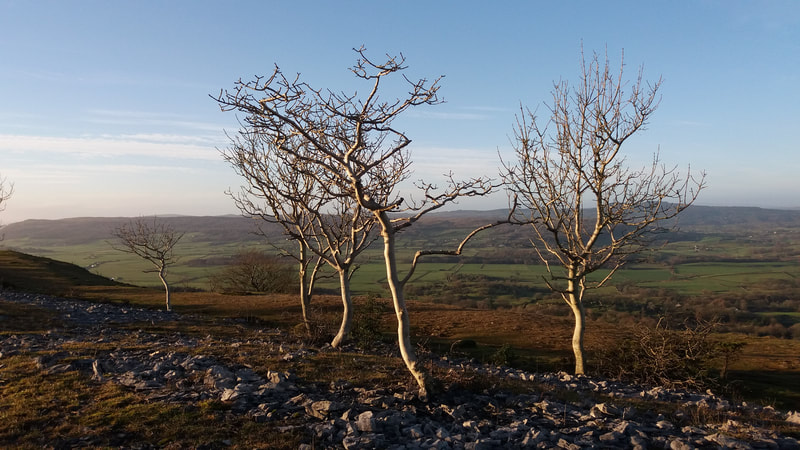
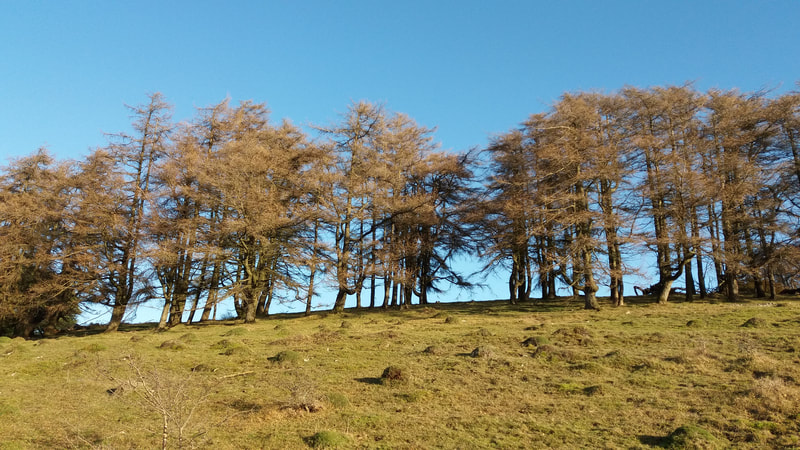
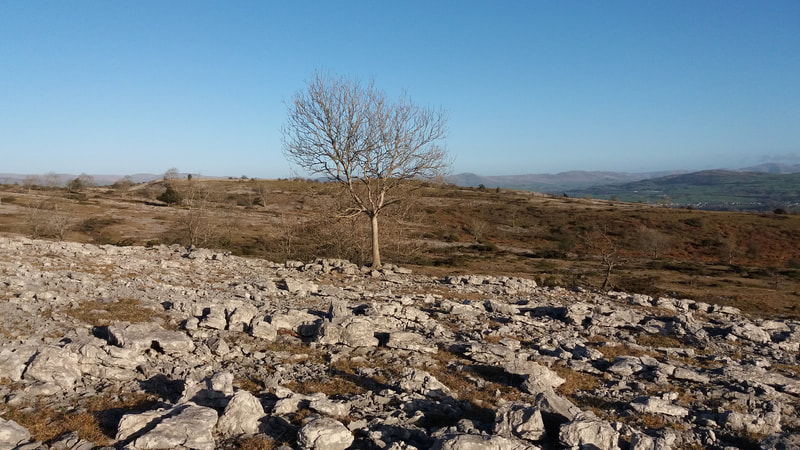
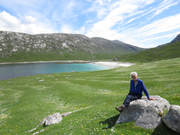
 RSS Feed
RSS Feed